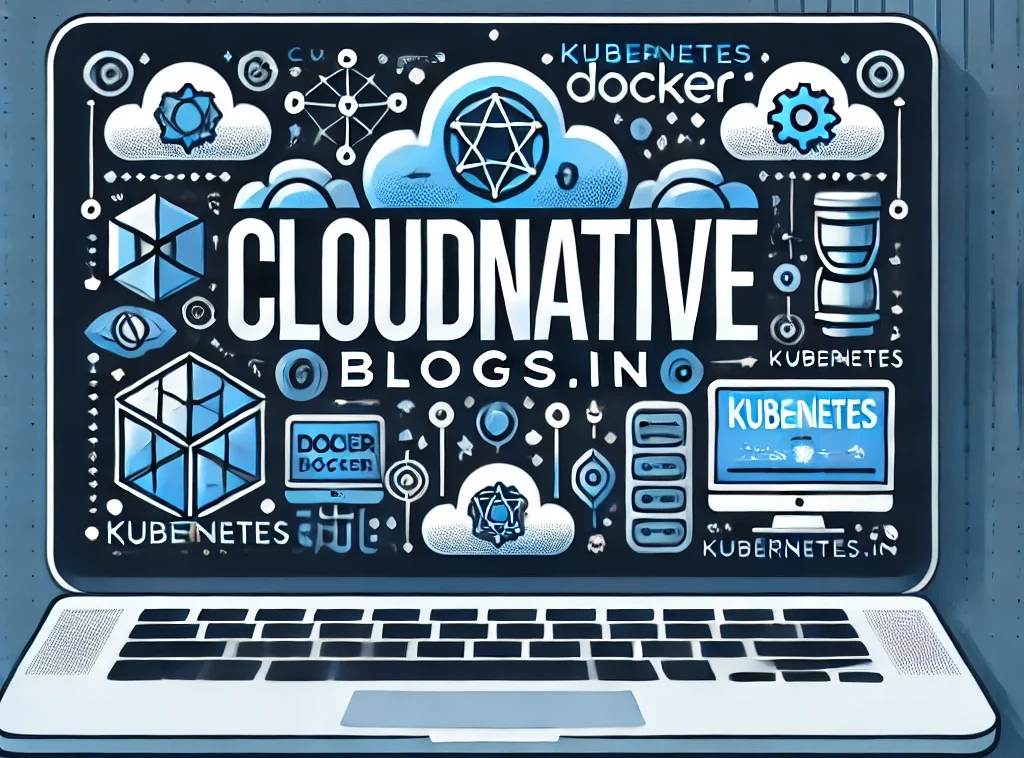Discover effective strategies to enhance your batch processing system for improved efficiency and scalability. Optimize performance and reliability with these actionable insights.
Building Secure, Scalable, and Low-Latency IoT Middleware
Learn how to build secure, scalable, and low-latency IoT middleware with our comprehensive guide, featuring architecture design, security measures, and effective monitoring strategies.
The Surprising Benefits of Smaller Language Models
Discover the unique advantages of smaller language models in natural language processing, from resource efficiency to specialized performance, proving that sometimes less can truly be more.
Implications for Encryption and Cybersecurity with Quantum Computing
Quantum computing threatens traditional encryption methods, but post-quantum cryptography and quantum key distribution offer solutions to enhance cybersecurity in the digital age.
Combining Object-Oriented and Functional Programming in Large Projects
Discover how combining object-oriented and functional programming can enhance large projects, promoting modularity, maintainability, and scalability in software development.
Containerization with Docker in Software Development
Docker’s containerization simplifies application deployment by packaging apps with dependencies, enabling consistent performance across platforms, and revolutionizing DevOps and cloud-native practices for scalable software.
Navigating Dependency Complexity: Effective Strategies for Software Engineers
Managing complex dependency trees is essential for software engineers. Discover effective strategies to enhance functionality and security without compromising performance.
Enhancing Embedded Systems Software with Functional Programming Principles
Discover how functional programming can revolutionize embedded systems software, enhancing reliability, maintainability, and efficiency through principles like immutability and pure functions.
Understanding Stored Program Control (SPC) Systems in Telecommunications
Stored Program Control (SPC) systems revolutionize telecommunications with flexibility, advanced features, and cost-effectiveness, significantly improving how businesses manage communication.
When to Avoid Using Node.js
Explore when to avoid using Node.js, covering scenarios like CPU-intensive applications, real-time data processing, and complex business logic to make informed technology choices.
No-Code and Low-Code Development Platforms: The Future of Software Development
No-code and low-code platforms are revolutionizing software development, enabling faster, cost-effective, and collaborative application creation, making technology accessible to all.
Best Practices for Handling Sensitive Data in MySQL Databases
Protecting sensitive data in MySQL databases is crucial. This article explores best practices, including encryption, hashing, access control, and regular audits, to ensure data security.
The Advantages of the MERN Stack for Full-Stack Development
Discover the many benefits of the MERN stack for full-stack development, including fast development, scalability, SEO advantages, and more in this comprehensive guide.
Best Practices for Data Security in Big Data Projects
Discover essential best practices for data security in big data projects, including data classification, access control, encryption, and incident response planning, to safeguard sensitive information.
How Layer-2 Scaling Solutions Transform Blockchain Transactions
Layer-2 scaling solutions are revolutionizing blockchain transactions by significantly enhancing speed and reducing costs, making decentralized applications more efficient and user-friendly.
Unlocking the Future: How Network Transformation Solutions Benefit Diverse Sectors
Network transformation solutions provide diverse sectors with enhanced performance, security, and scalability, driving efficiency and innovation in an increasingly digital world.
JSON vs. XML: The Advantages and Efficiency in Data Handling
Explore the advantages of JSON over XML for efficient data handling in modern applications. Learn why JSON is preferred for large datasets and web development.
Cloud Computing for Healthcare: Enhancing Patient Care and Data Security
Cloud computing is revolutionizing healthcare by enhancing patient care, ensuring data security, and improving operational efficiency. Explore its benefits, challenges, and future trends in this comprehensive article.
Edge Computing vs. Cloud Computing: What’s the Difference?
Edge computing and cloud computing serve distinct purposes in data management, impacting latency, processing, and scalability for modern applications.
Cloud Service Models: IaaS, PaaS, SaaS Explained
Explore the intricacies of IaaS, PaaS, and SaaS cloud service models, understanding their features, benefits, use cases, and potential drawbacks to make informed business decisions.
How Cloud Computing Enables Remote Work and Collaboration
Cloud computing has transformed remote work by enabling real-time collaboration, centralized data management, and enhanced security, making it a crucial component of modern business operations.
Multi-Cloud Strategy: Pros and Cons
Explore the pros and cons of a multi-cloud strategy, including vendor flexibility, cost management, and security challenges. Learn how to navigate this complex yet rewarding approach.
Understanding Enterprise JavaBeans (EJB): The Backbone of Java EE Applications
Explore how Enterprise JavaBeans (EJB) serves as the backbone of Java EE applications, providing scalability, transaction management, and robust security for enterprise-level software development.
Best Practices in Systems Engineering for Complex Projects: A Comprehensive Guide
Explore best practices in systems engineering to navigate complex projects effectively. From stakeholder engagement to risk management, discover strategies that enhance project success.
Securing Java Web Applications: Best Practices and Java EE Features
Discover essential strategies for securing Java web applications, including input validation, authentication mechanisms, and leveraging Java EE’s robust security features.
How Cloud Computing Enhances Scalability and Performance
Cloud computing significantly enhances scalability and performance, allowing businesses to adapt to changing demands while optimizing resources for improved efficiency and cost-effectiveness.
Cloud Computing and Cost Efficiency: Reducing IT Expenses
Cloud computing reduces IT expenses through scalability, operational efficiency, and reduced capital expenditures, offering businesses a strategic advantage in today’s competitive landscape.
The Role of Cloud Computing in Disaster Recovery
Cloud computing revolutionizes disaster recovery, offering cost efficiency, scalability, and rapid recovery options, essential for modern businesses facing various threats.
Cloud Computing for Startups: How to Get Started
Cloud computing empowers startups with cost-effective solutions, scalability, and collaboration tools. Discover how to leverage the cloud for growth and success in your startup.
